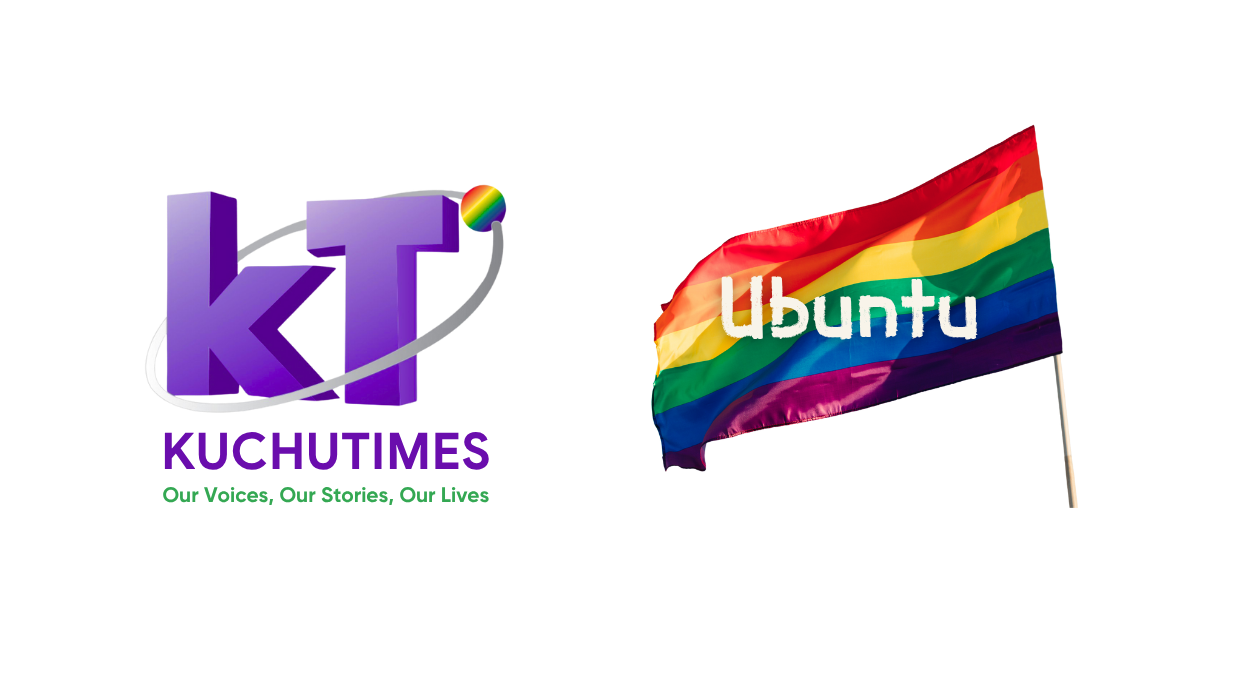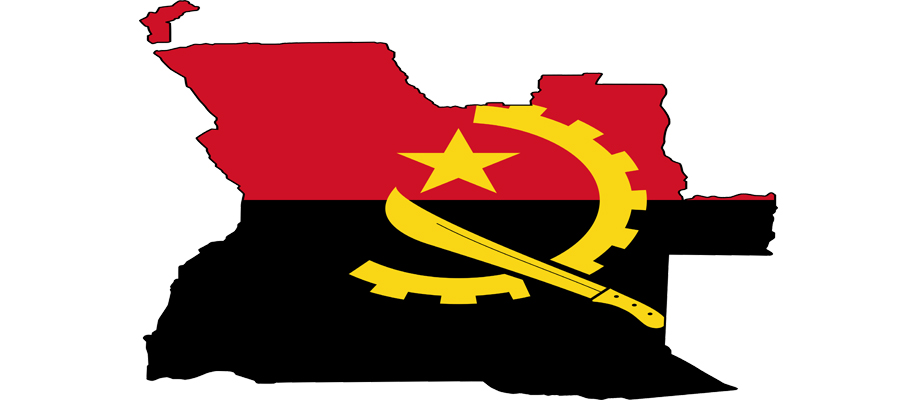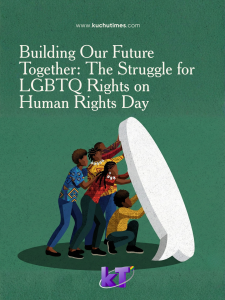The tide of decriminalizing homosexuality in Africa is wide spreading across the continent. With the region already in high anticipation of Kenya’s ruling to have criminalization of same sex relations dropped from its penal code, Angola yesterday (23rd January 2019) also made history by revoking the sections in its laws that are termed as vices against nature. These laws have for a long time been interpreted as a reference to LGBTQ relations.
This came after the Angolan Parliament, yesterday, adopted its new penal code Act that saw these colonial provisions dropped. The new penal code also provides more protection for sexual and gender minorities as discrimination of persons based on their gender identity or sexual orientation is now a crime by law. Article 214 of the new Penal Code, forbids discrimination based on sexual orientation in employment and the provision of goods and services
Furthermore, multiple other articles, including articles 71, 172, 215, 216, 225, 382 and 384, outlaw incitement to hatred, hate speech, defamation and hate crimes motivated by sexual orientation with varying degrees of punishment. For instance, article 172 bans threats against someone or a group of people on account of their sexual orientation, among others, with 1-year imprisonment and a fine of up to 120 days. The punishment for death threats is doubled. Article 384 lists persecution on the basis of sexual orientation as a crime against humanity, on par with slavery, willful manslaughter, genocide, rape, forced mutilation and others
Previously, articles 70 and 71 of the Penal Code of 1886 contained a vaguely worded prohibition against public immorality and acts considered "against nature".
In February 2017, the Angolan Parliament preliminarily approved a draft of a new penal code, in a unanimous 125-0 vote with 36 abstentions. On 18 May 2018, the Parliament approved the draft in a second vote by a 186-3 vote with six abstentions. Under the new Code, the age of consent would be 14 regardless of sexual orientation. It was approved in the final vote yesterday and now only awaits presidential signature.
Although it same sex couples are not legally recognized in Angola and same sex couples are also not legally permitted to adopt children, Angola is still one of the few African countries making fast progress to giving LGBTQ persons’ equal rights and providing with a safe environment. It should also be remembered that in 2015, Angola made it legal for one to change their gender on official documentation.
Asked what this development in Angola means to the greater African movement, Kasha Jacqueline Nabagesera, a renowned activist from Uganda said, “The move to use law reforms saves so much time and resources that activists have to endure to strike down draconian laws. This is a very great historical moment and other activists should immediately have exchange programs with countries like Angola to learn from the legislature and how this was achieved. It’s an incredible start to the new year. I feel more energized every time such victories are registered around the world but more especially on our continent since we have the highest number of countries that still criminalise people for who they love.”
Concerned about whether these laws will only remain a formality rather than be put into practice, she further said, “Now what remains is to put what's on paper into practice. We don't want just beautiful laws that are not implemented. The like of South Africa’s progressive laws are still lacking in implementation and we don't want that trend to be the new normal. Crush the laws and indeed use the strong arm of the law to deal with perpetrators. Well done Angola. Now we should all stand in solidarity with our comrades in Kenya. This is the only virus that should spread on the continent not hate but of inclusiveness.”
Ms Nabagesera is not the only one that has called for the new penal code to be put in full enforcement, several activists have used social media to both congratulate Angola and also call on the government to ensure that the new laws are put into practice.
" Angola has led the way for some important legal victories for LGBTI individuals in Africa in 2019. I can only hope that Kenyan courts shall do the same in February. Legal precedence has a way of having ripple effects in other countries, and Uganda is no exception," said LGBTQ activist Clare Byarugaba on Angola adopting its new penal code. Ms Byarugaba is the Equality and Non-Discrimination Coordinator at Chapter Four Uganda, an organisation that protects civil liberties and promotes human rights.
National Gay and Lesbian Human Rights Commission, which is the lead petitioner in the Kenyan Repeal Article 162 case also shared their solidarity for Angola through their social media platforms. They expressed their hope for this trend to continue across the continent and especially in Kenya as they await the ruling on their case on 22nd February.




